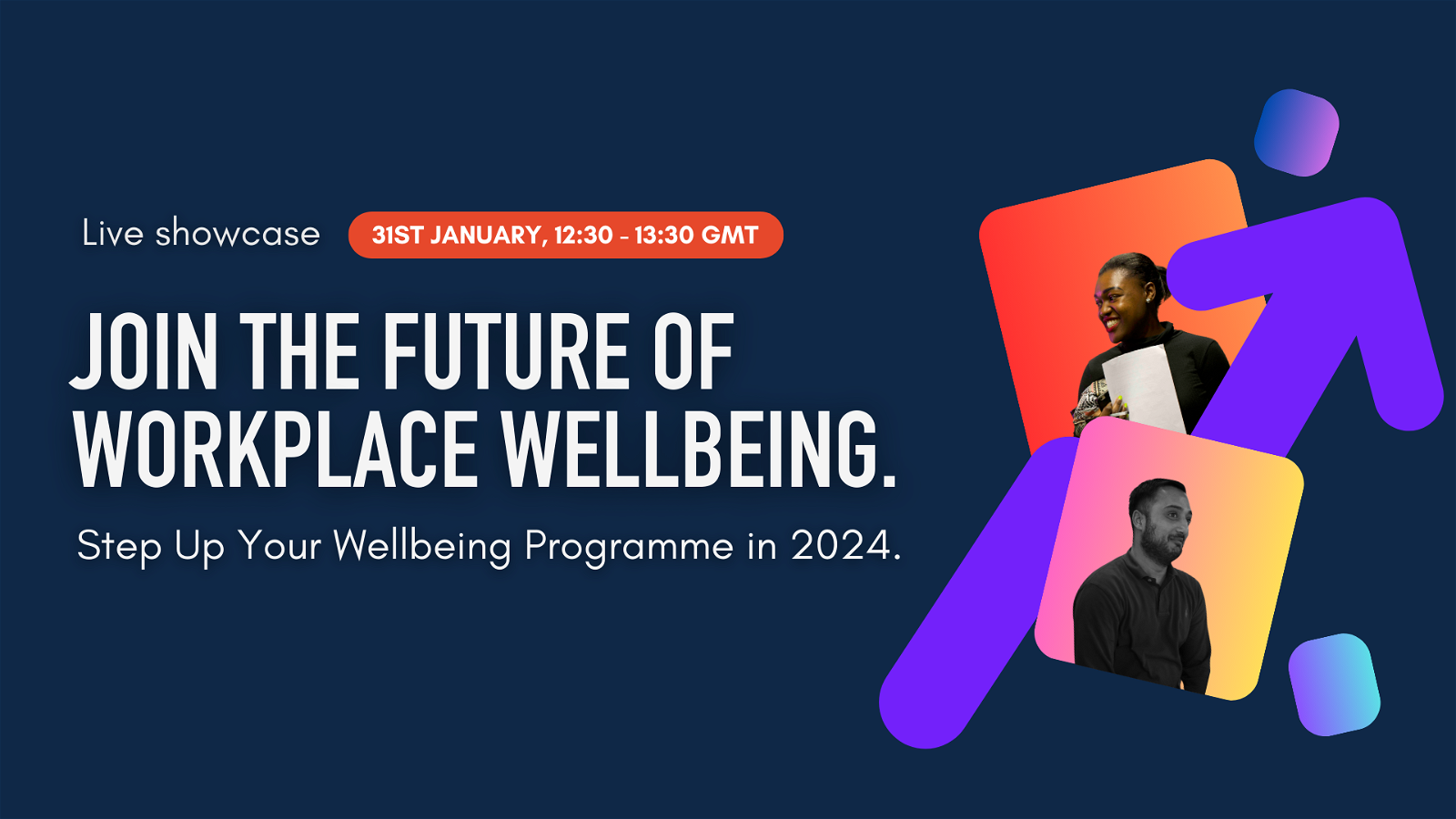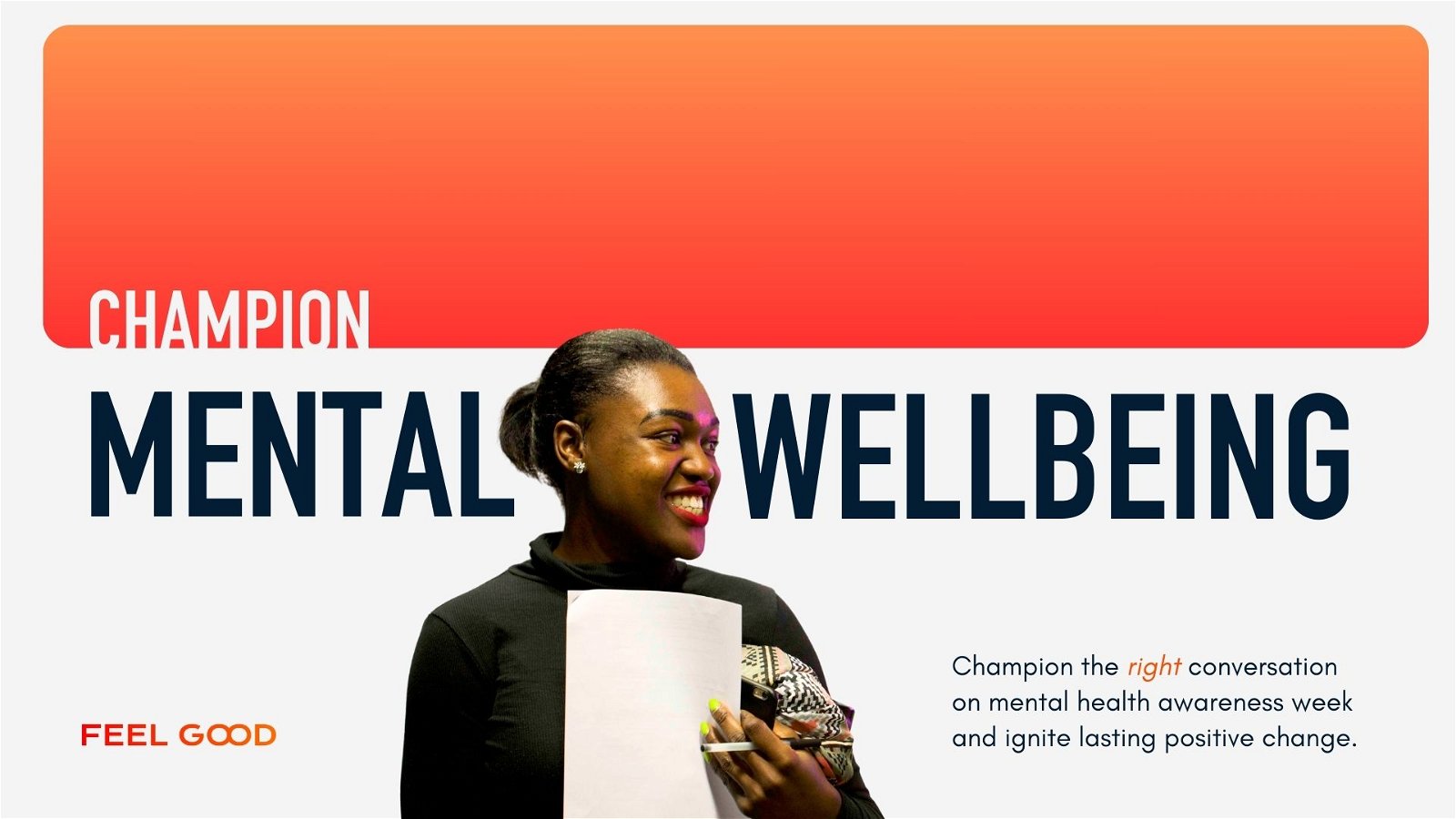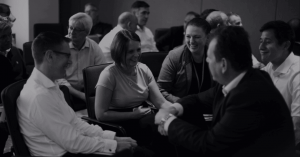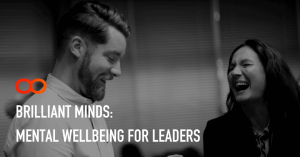Posted on: October 20, 2021
15 Top Tips for Championing Change in your Organisation
Feel Good recently hosted an inspiring live panel ‘When Mental Health and Inclusivity Collide’ with experts from AON, Johnson Matthey, Business in the Commu...
By Ella Verrells
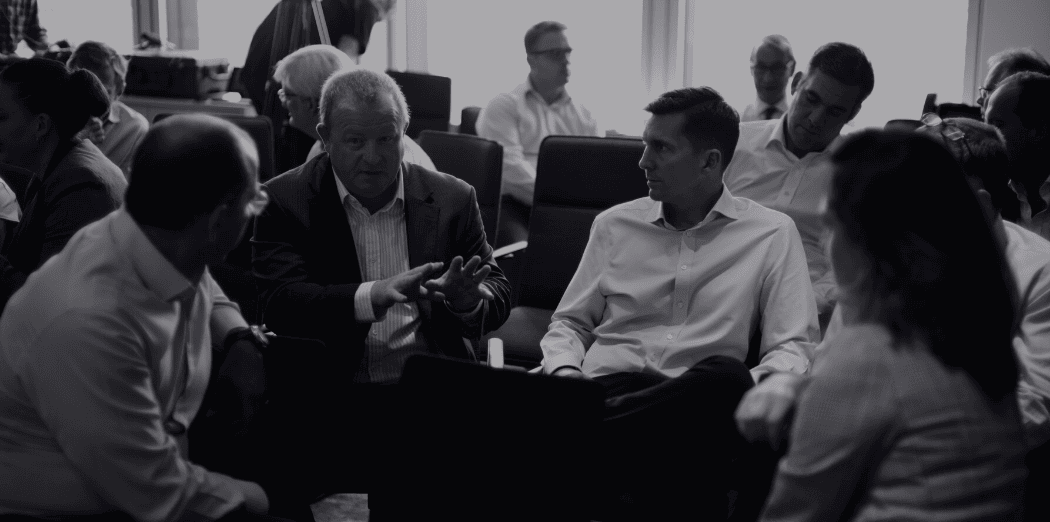
Feel Good recently hosted an inspiring live panel ‘When Mental Health and Inclusivity Collide’ with experts from AON, Johnson Matthey, Business in the Community, the NHS and Safety in Mind that discussed many different challenges people leaders face in driving positive change.
We know that real change will require a more strategic approach, buy-in from the senior leaders and individual accountability from a majority of employees. However, there are always small steps we can each take to move organisations towards a more inclusive and healthy workforce.
Here are 15 top tips for championing change in your organisation, shared by the experts on our recent live panel.
How can leaders demonstrate inclusivity?
- The biggest impact starts at the very top. It’s important to be vulnerable and show you introspect and think about their biases. Sometimes this can mean admitting that you don’t yet have all the answers, and are still in a process of learning and growing.
- Active listening is vital, enabling people to feel safe to speak up and helping them feel valued and connected. Don’t underestimate the power of just listening.
- Start a conversation and make an action, no matter how small. Be brave in saying ‘I don’t know the answers but I do want to help, I do want to understand’. Don’t be afraid to get things wrong, this demonstrates that you are challenging the status quo.
- Speak to people and offer compassion. Create a culture of trust by being clear that discussion is confidential. When people have protected characteristics, they don’t want an added layer of being perceived as struggling to cope.
- Embody and project the values of the company – to create a culture of inclusivity, this must come from the top, down.
How can we inject this into the culture of the organisation?
-
- There is power in storytelling. For example, you can share videos of colleagues showing mental health difficulties, about being vulnerable and reaching out and showing it hasn’t harmed their careers.
- Take a community-based, culturally understanding approach. Celebrate culture and values, and what everyone brings to the table.
- Just because an organisation has policies to deal with special requirements for diverse individuals, it doesn’t mean that no effort has to be taken by leaders and colleagues. Make it clear that it is expected for people to meet each other halfway.
- If you have international offices, designate ambassadors in each country to make wellbeing programmes culturally relevant. They will know whether something will land, and how to adjust it.
- Think about how the user journey looks for people from different diverse backgrounds when it comes to accessing mental health support. Are there any language or accessibility challenges? Are the offerings made to only fit the majority, or are they inclusive for everyone?
What needs to be done at an organisational level to allow this culture to stick?
- Look at data and try to understand where issues are in your particular business, policies and agendas are not one-size-fits-all.
- Use the existing guidelines such as ISO 45003 and ISO 30415 to check that your policies and practices enable a psychologically fit, inclusive and healthy workforce.
- Think about representation – it does matter. Having people from BAME and other diverse backgrounds in senior leadership positions is vital. You need to employ and position people strategically, to ensure visibility of support.
- Any wellbeing programme that tries to make a difference needs to take a strategic approach. Be transparent and honest about where your organisation is right now in terms of inclusion, where you want to be, and how you’re planning to get there. Keeping open communication about progress proves you are committed to championing change.
- Create clear job roles for driving the wellbeing and inclusion agenda to ensure it is getting the attention it needs.
Transform your people with Brilliant Minds
The overarching message is that a culture of wellbeing and inclusivity starts with your leaders. It needs to take a strategic approach. Managers have had a huge role change since the pandemic, and now have a large role in the wellbeing of their employees, despite little training. Learn more about the programme here.
How can leaders juggle this responsibility with maintaining their own wellbeing?
Let us be your strategic thinking partners, in supporting your leaders to finally start creating workplaces that not only understand and prioritise mental health but embed it into the foundations.
Let’s talk about you
[calendly url=”https://calendly.com/laura-feel-good/30min” type=”1″]
PSYCHOLOGY-POWERED SOLUTIONS THAT DRIVE IMPACT
Feel Good evolves how your people think, feel and perform with strategic thinking and engaging learning solutions powered by the latest organisational & behavioural science.





